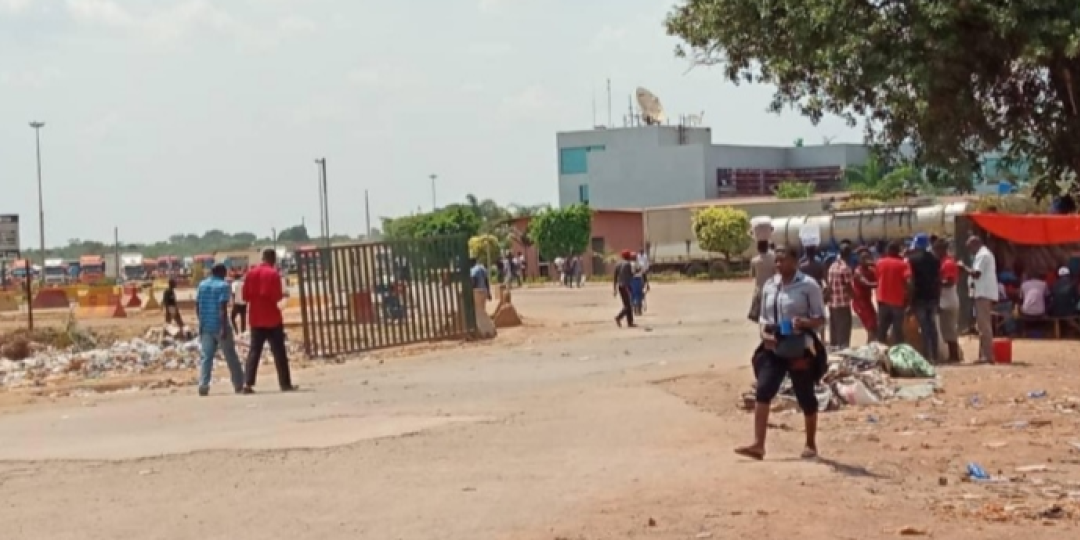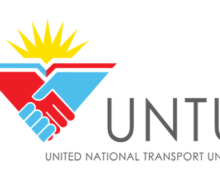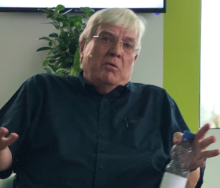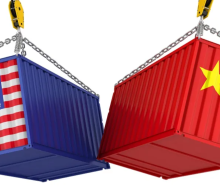A high-level meeting in Zambia involving relevant transport-related government departments and private sector freight interests has reinforced the authorities’ tough stance against wildcat strike activists.
This comes after an illegal strike, organised on a whim and enforced via threats distributed via social media, brought road haulage across Zambia to a standstill last Friday (See FTW of 22 November).
And although yesterday’s meeting, said to be “long and frustrating” by a reliable source regularly informing FTWOnline, it has done very little – it seems – to secure peace of mind transporters.
One of the most important outcomes of the meeting, the source said, was the ministry of labour’s warning that no employee involved in transport in Zambia could rely on government protection if a decision was taken to taken to embark on a wildcat strike.
Should anyone be arrested for involvement in such a strike, the ministry said, it would not be in a position to step into the breach on behalf of anyone suspected of aiding and abetting illegal labour disruption.
At the meeting it was also decided to establish a Joint Industrial Council to establish a specific minimum wage for drivers and that unions should follow the right channels to engage with the Road Transport and Safety Agency (RTSA) and Zambia’s police force.
In a bid to ally private sector concerns and complaints about freight stoppages, Zambia Police said they would reduce the number of road blocks – for some time a source of frustration for road hauliers.
RTSA also advised that they were in the process of extending licence validities from one to three years.
Yet despite yesterday’s meeting creating the impression that the authorities are on top of things, the source said it amounted to nothing concrete.
“It was anticipated. There’s nothing really to show but blame passed on like a hot potato. The problems are left to fester, and in a few months when nothing has happened, there will be another strike, this time probably more serious.” – Eugene Goddard













